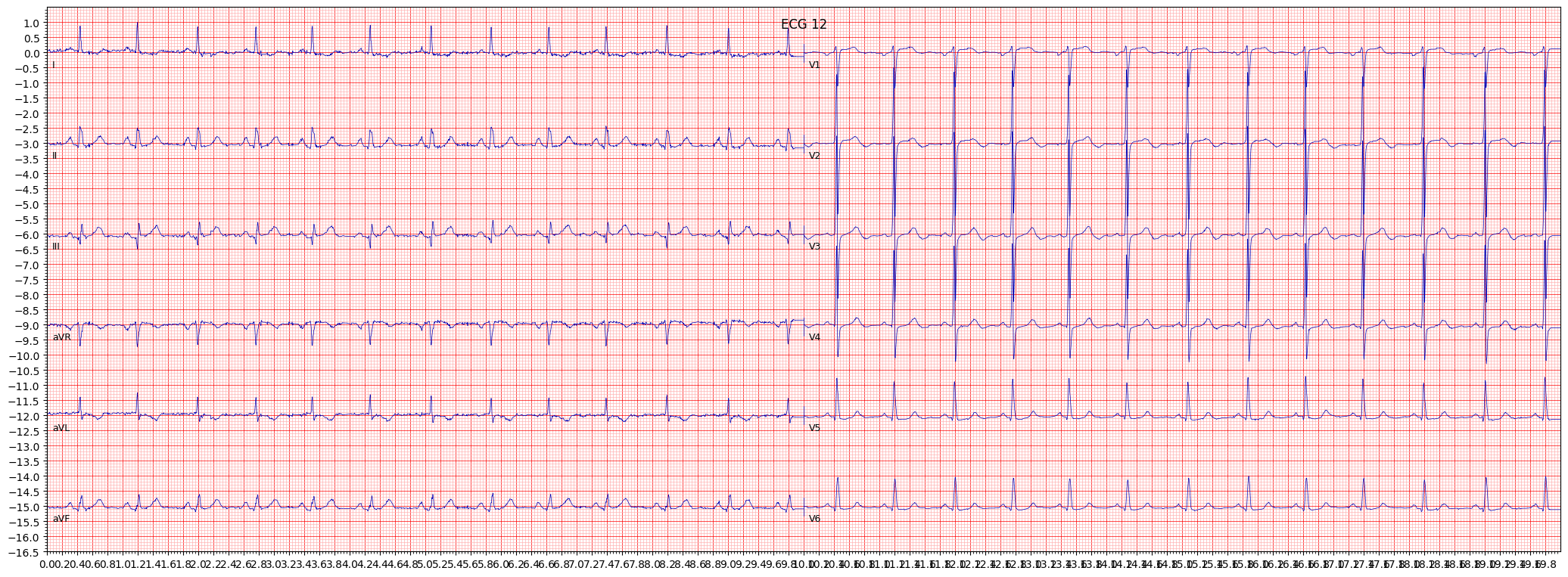left ventricular hypertrophy (LVH)
Left ventricular hypertrophy (LVH) is a condition that occurs when the muscle of the left ventricle of the heart thickens, which can be a response to long-standing high blood pressure or other cardiovascular conditions.
Common symptoms of LVH include shortness of breath, chest pain, palpitations, and dizziness. However, some individuals may not experience any symptoms.
When reviewing an ECG for LVH, it is important to pay attention to the amplitude and duration of the QRS complex, as well as the presence of ST segment and T wave abnormalities. Other things to pay attention to include the presence of left axis deviation and the presence of pathological Q waves.
- Look for an increased amplitude and duration of the QRS complex
- Check for the presence of ST segment and T wave abnormalities
- Observe the presence of left axis deviation
- Look for the presence of pathological Q waves
If LVH is suspected, further testing such as echocardiography or cardiac MRI may be recommended to confirm the diagnosis and determine the extent of the hypertrophy. Treatment may include medications such as antihypertensives to manage high blood pressure and other cardiovascular conditions.
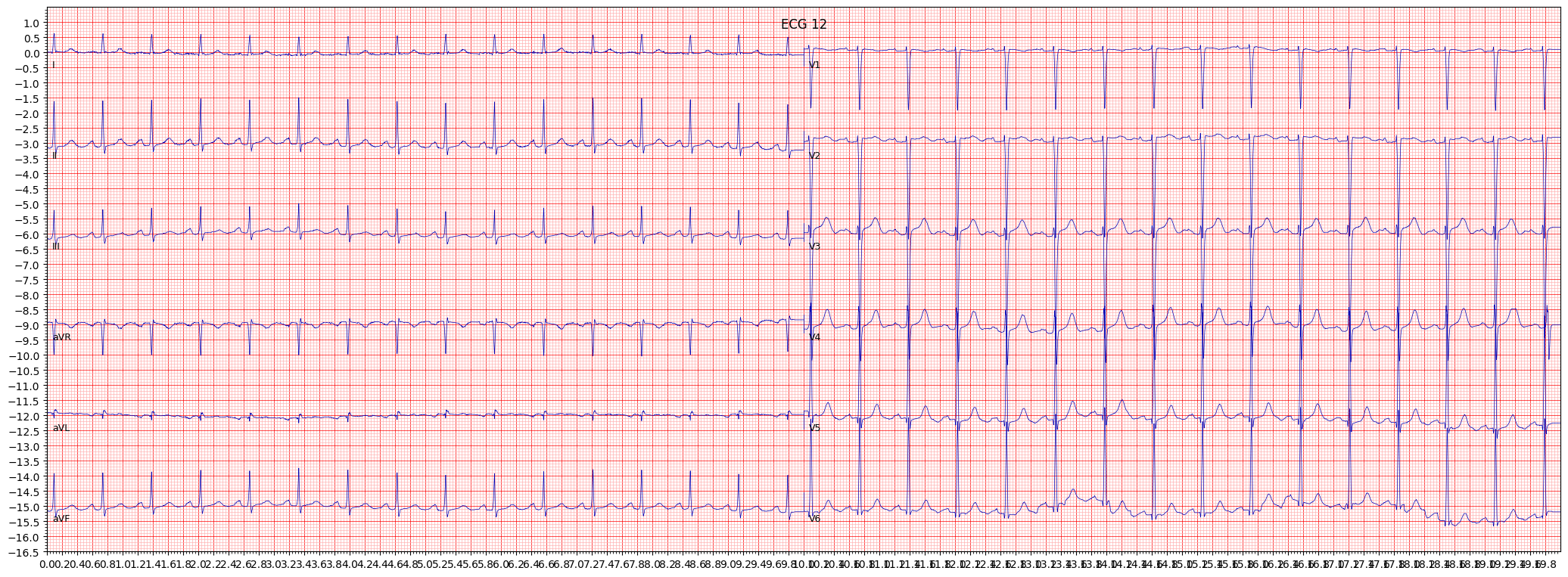 example 2:
example 2:
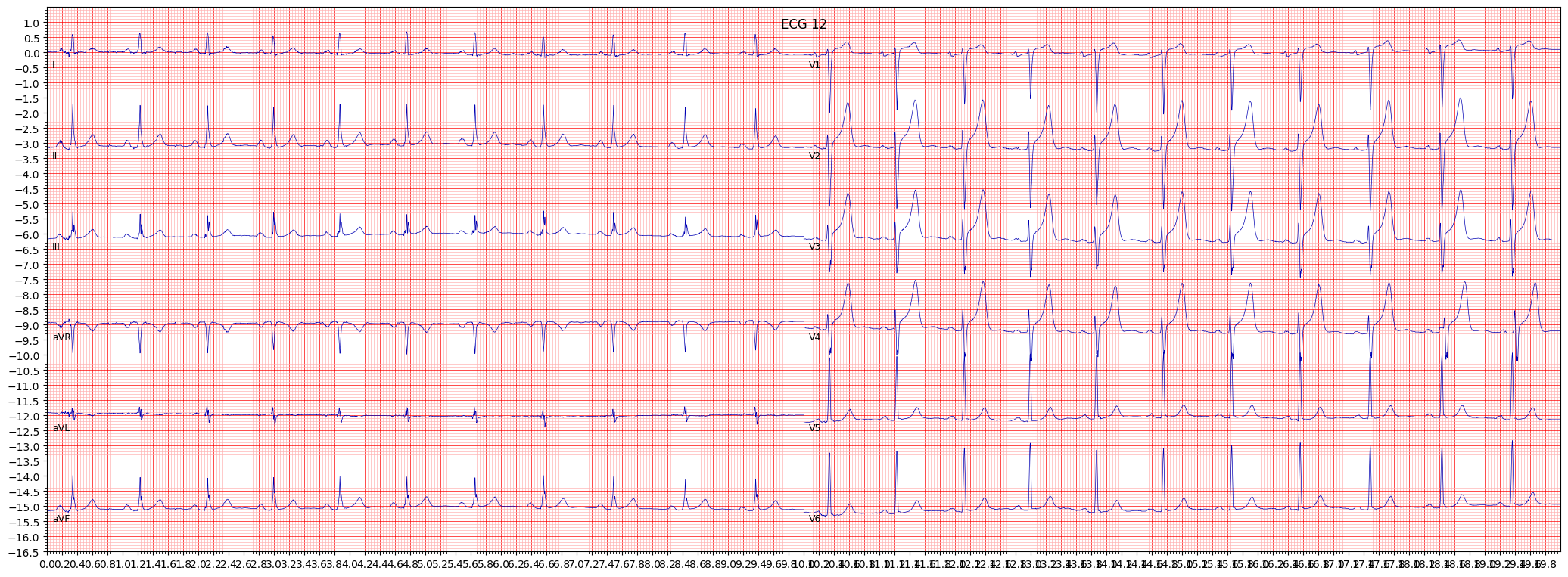 example 3:
example 3:
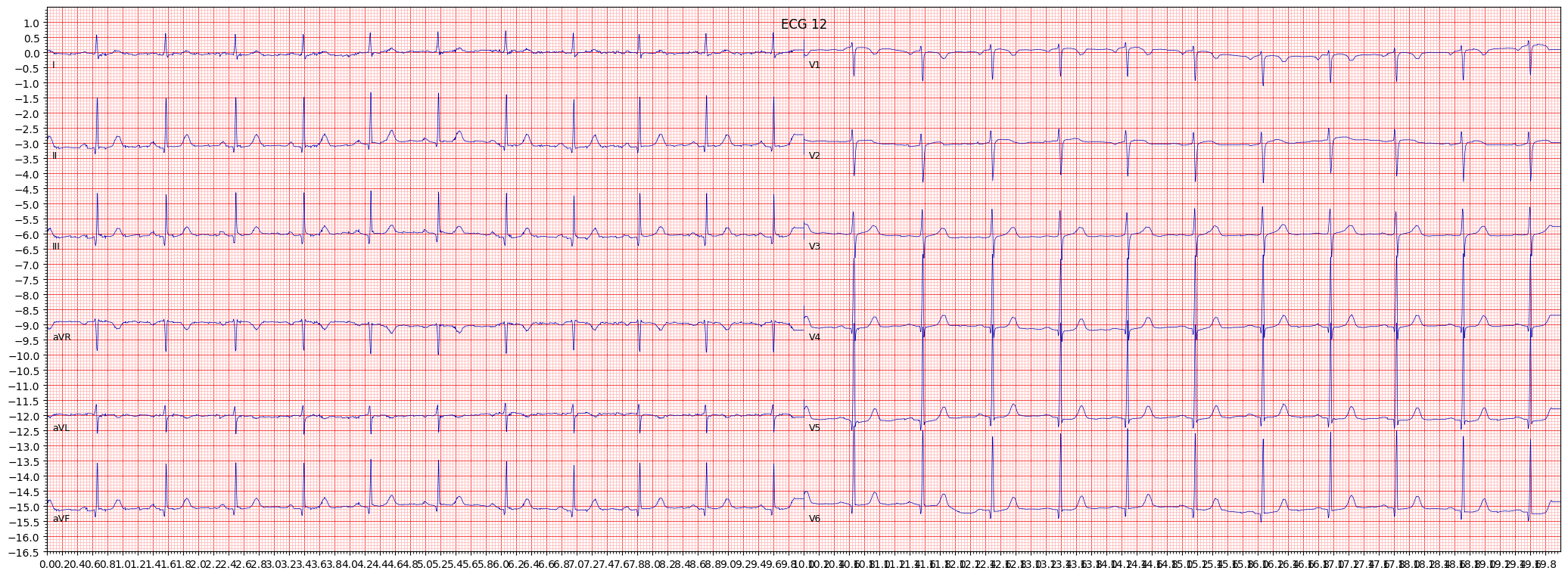 example 4:
example 4:
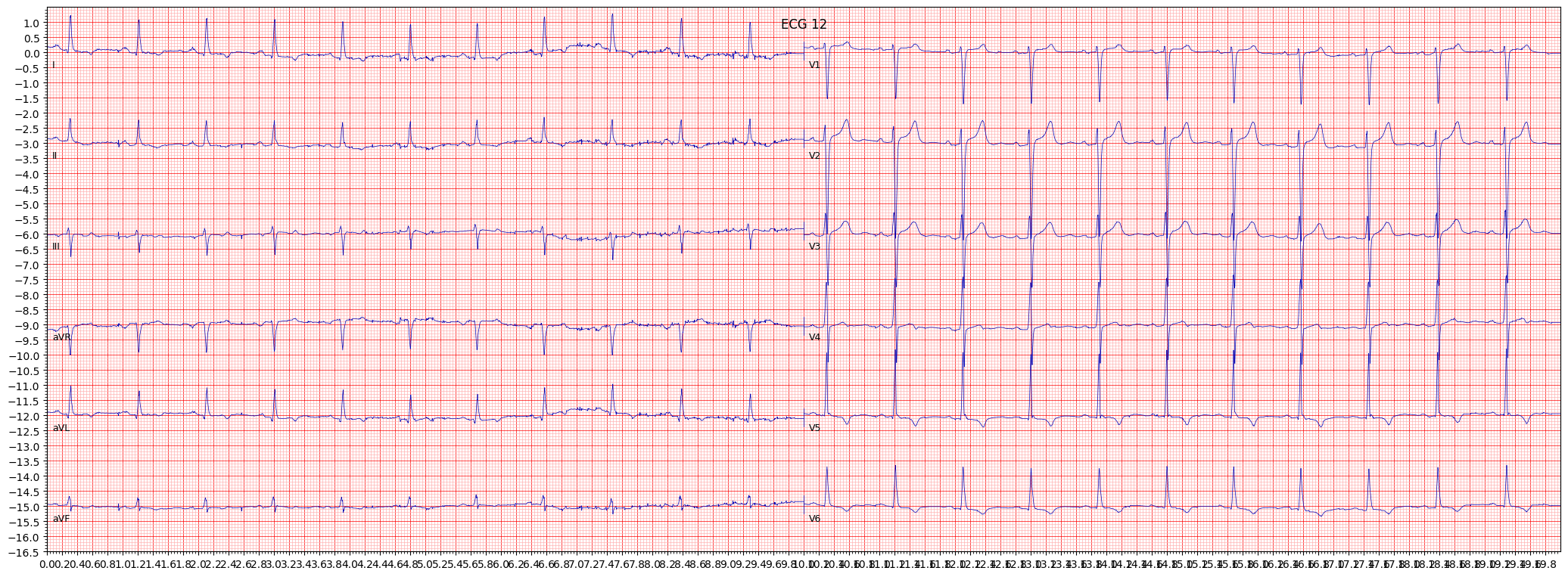 example 5:
example 5:
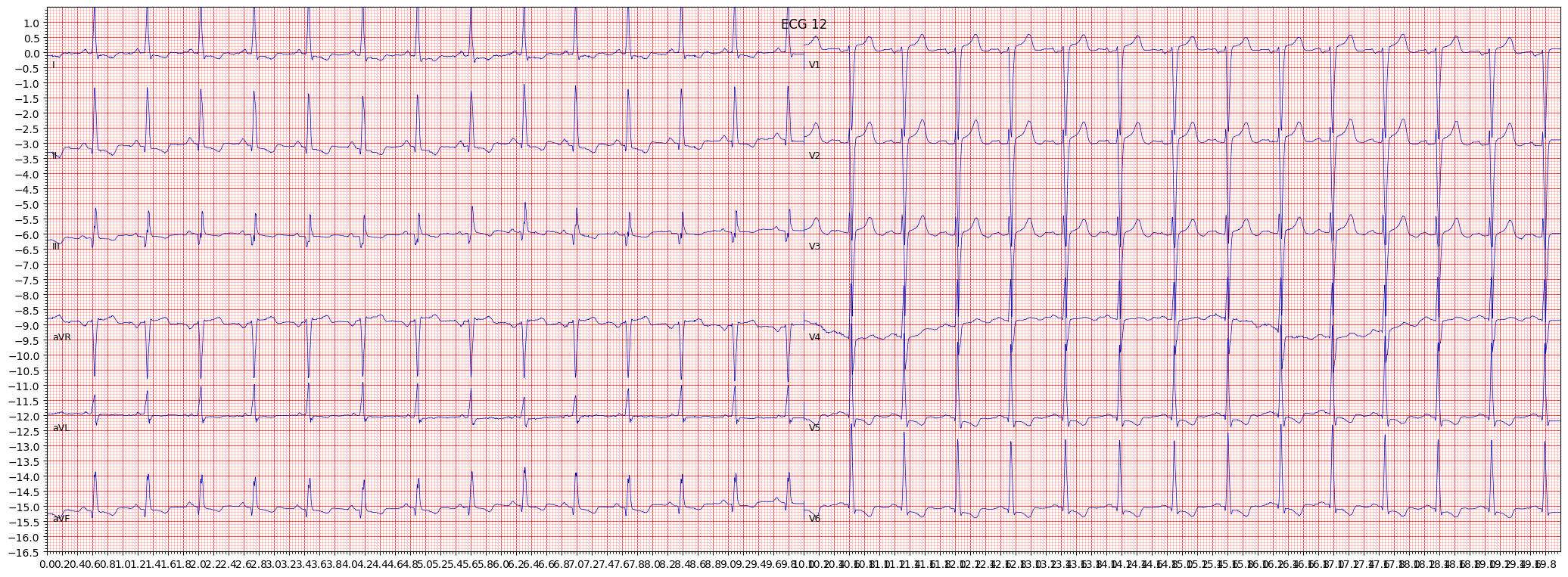 example 6:
example 6:
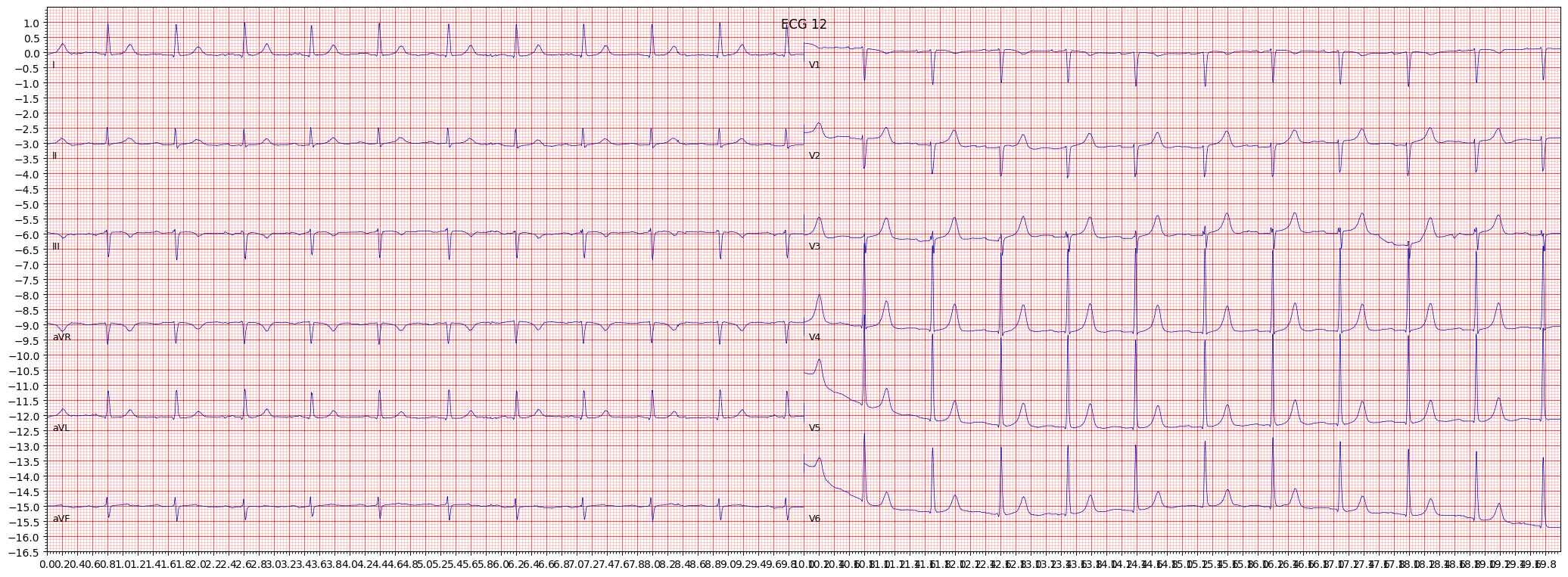 example 7:
example 7:
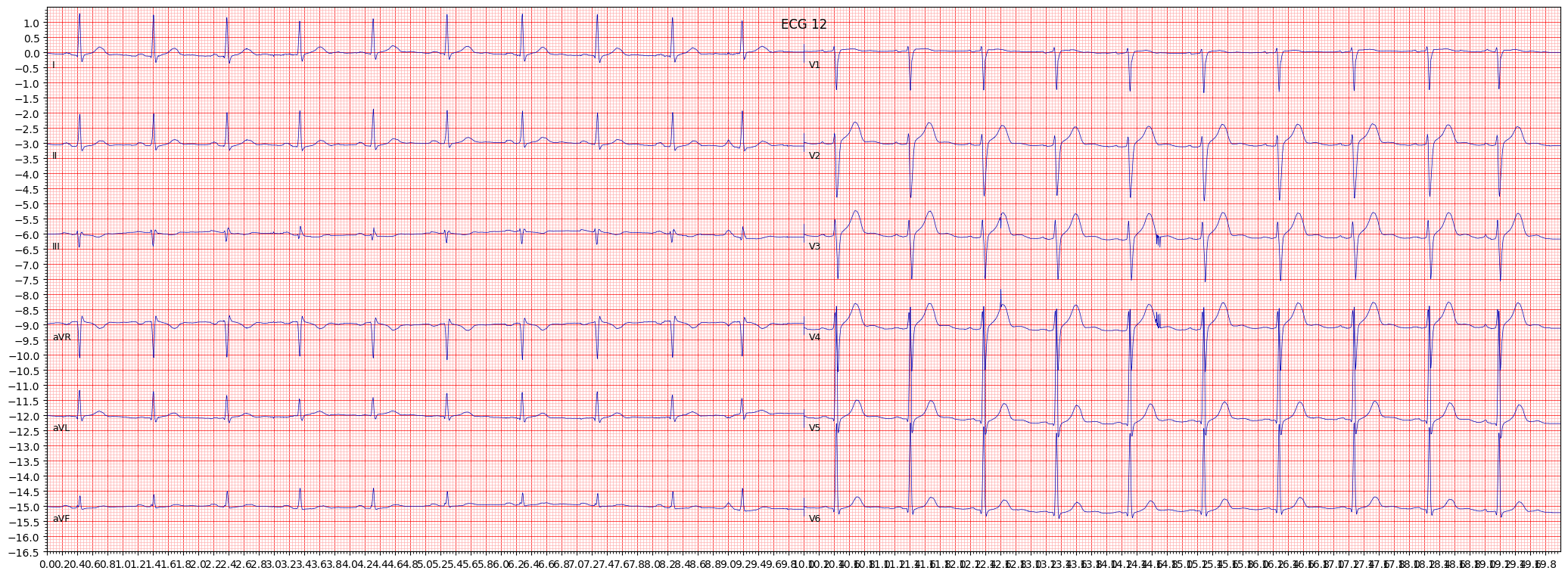 example 8:
example 8:
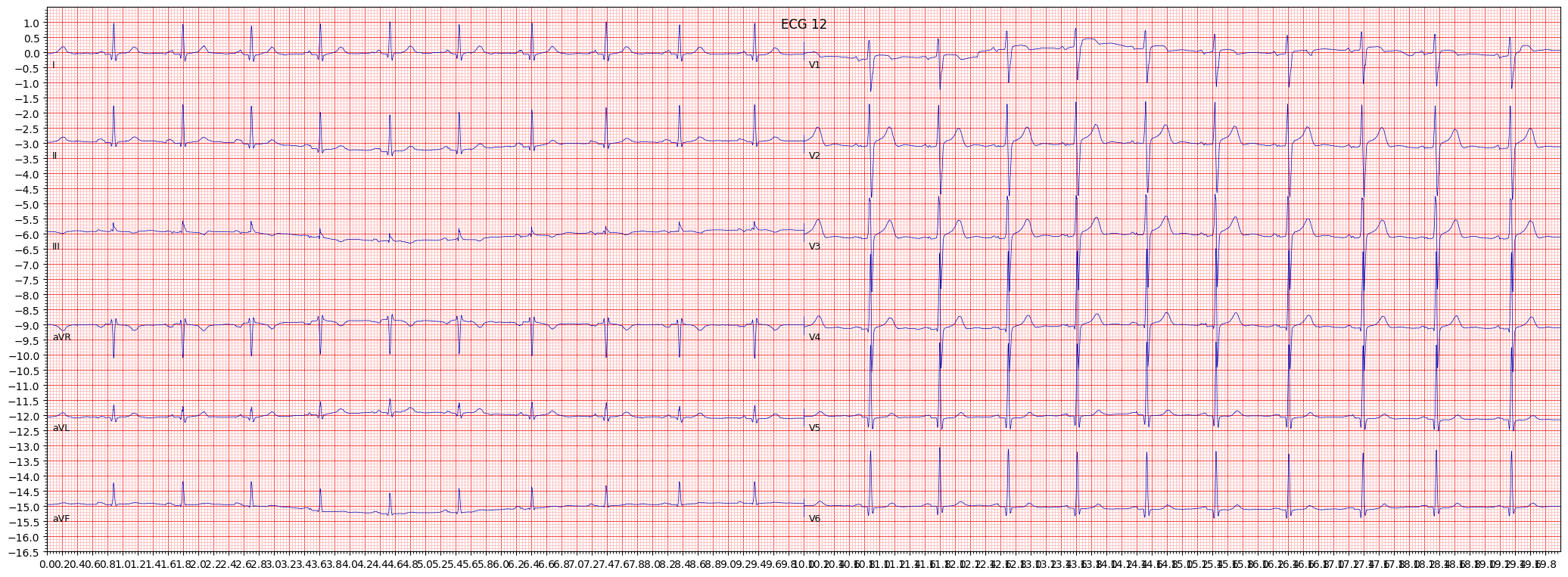 example 9:
example 9:
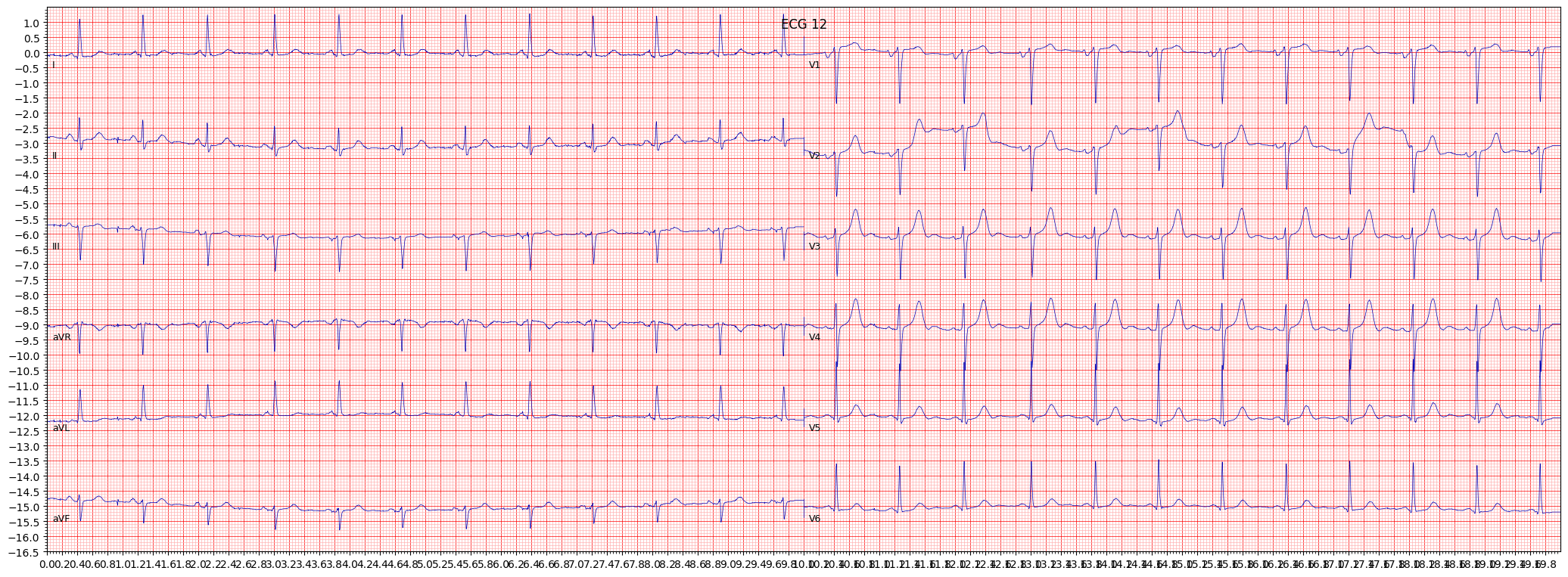 example 10:
example 10:
